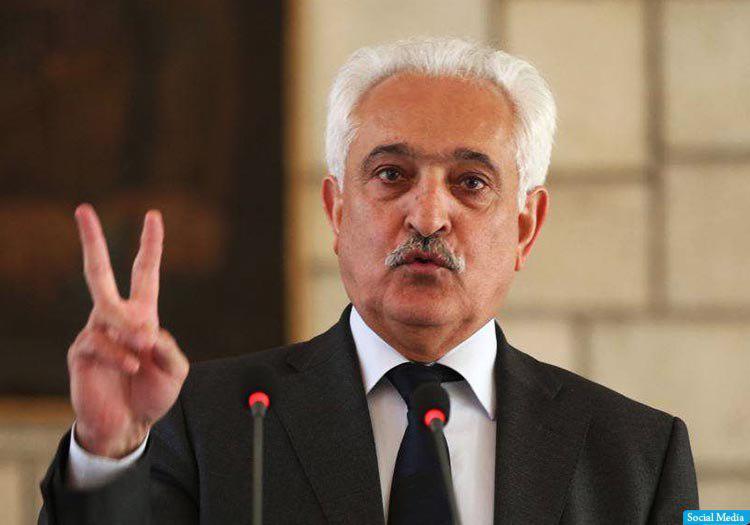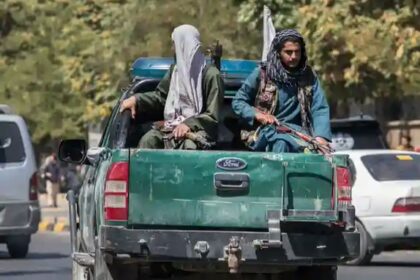RASC News Agency: On September 20, a conference titled “Diversity and Equality in Afghanistan” was held in Washington D.C., organized by “8 Sobh”. The event brought together scholars, politicians, and journalists to discuss Afghanistan’s ethnic and social diversity.
Yaqub Ibrahimi, professor and one of the organizers, stated the need for intellectuals to unite and address the growing dominance of authoritarianism in Afghanistan. Rangin Dadfar Spanta, former Afghanistan Foreign Minister, was a key speaker, addressing the issue of social integration in Afghanistan. He emphasized that Afghanistan, being a multi-ethnic country, should view its diversity as a strength and not as a challenge. Spanta advocated for a new social contract in Afghanistan, allowing all its citizens to maintain their ethnic identities while being treated as citizens of the republic.
Spanta criticized the Taliban for attempting to dissolve Afghanistan’s rich ethnic identities into one dominant ethnic group, equating this effort to “putting the ocean in a jar.” He accused the Taliban of presenting themselves as a globalist movement while simultaneously erasing the country’s internal diversity. Sima Samar, the former head of Afghanistan’s Human Rights Commission, added that Afghanistan has been in conflict for over four decades, leading to significant distrust among its people. She argued that ethnic and gender supremacy has plagued Afghanistan society for years, manifesting as either male dominance over women or ethnic superiority. According to Samar, the lack of trust often starts at the family level, later expanding into societal divisions. She stressed that freedom of expression is key to resolving tensions and building trust.
Samar also emphasized that Afghanistan’s younger generation must learn from the country’s tumultuous 40-year history. She argued that denial of historical mistakes would only perpetuate issues, and the solution lies in acknowledging them. Furthermore, she underscored the importance of accountability and justice for human rights violations in Afghanistan, insisting that true reconciliation cannot happen without confronting the country’s dark past.






